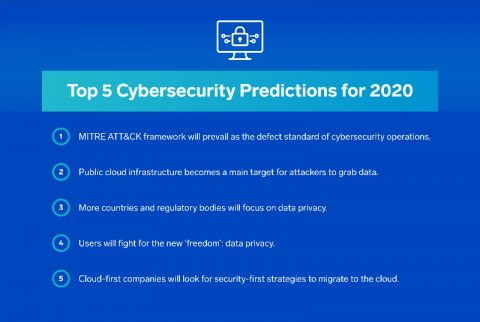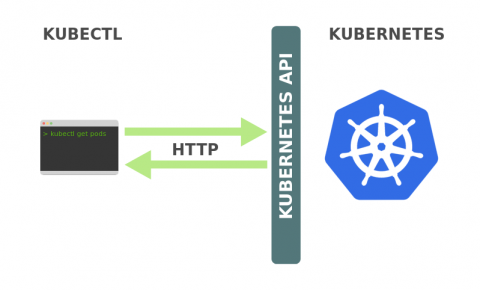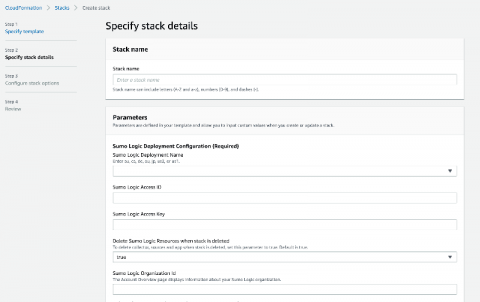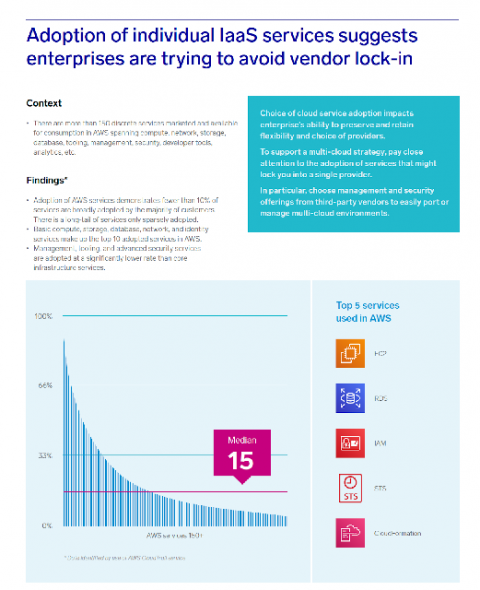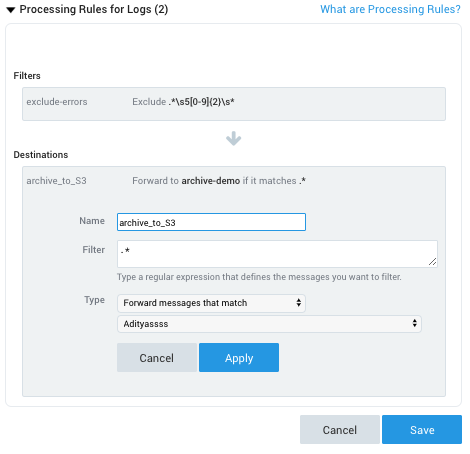Operations | Monitoring | ITSM | DevOps | Cloud
December 2019
Micro Lesson: Hosted Collector Overview
How to View Logs in Kubectl
Kubernetes has become the de-facto solution for container orchestration. While it has, in some ways, simplified the management and deployment of your distributed applications and services, it has also introduced new levels of complexity. When maintaining a Kubernetes cluster, one must be mindful of all the different abstractions in its ecosystem and how the various pieces and layers interact with each other in order to avoid failed deployments, resource exhaustion, and application crashes.
All The Logs For All The Intelligence
If you are reading this, I don’t have to convince you any further of the powerful intelligence we can derive from logs and machine data. If you are anything like the many, many users, customers and prospects we have been talking to over the years, you might, however, have some level of that pesky modern condition commonly known as volume anxiety. The volume here, of course, is the volume of data––there is a lot of it, and it keeps growing.
NGINX vs Apache - Which Web Server Is Right for You?
Today's IT and DevOps teams have not one, but two, feature-rich open source Web servers to choose from: NGINX and Apache HTTP Server (which is often called simply "Apache"). At a high level, both platforms do the same core thing: Host and serve Web content. Both also offer comparable levels of performance and security. Yet when you dive into the details, you'll find that there are many differences between NGINX and Apache.
Vagrant vs. Docker: Which Is Better for Software Development?
The last fifteen years have seen huge increases in developer productivity for several reasons, including the arrival of open source into the mainstream and the ability to better emulate target environments. In addition, the process of resetting a development environment back to the last known stable version has been vastly improved by Vagrant and then Docker.
Installed Collector Overview
Sumo Logic and Amazon Web Services Continues to Help Businesses Thrive in the Cloud Era
For nearly 10 years, AWS and Sumo Logic have been the perfect pairing for businesses going through their digital transformation journey. AWS provides the best technology to help companies with their digital transformation, while Sumo Logic provides continuous intelligence and insights to monitor, run and secure those applications on AWS.
The New Sumo Logic AWS Security Quick Start
Security is a top concern for any enterprise to move their applications and workloads to the public cloud. AWS offers a broad selection of native security tools and as our Continuous Intelligence Report noted, AWS customers are using several of these to improve the security of their AWS environment. However, it can be overwhelming to know where to start and how to deploy best practices for detecting security misconfigurations caused by human errors and attacks from external sources.
New Sumo Logic Apps with support for AWS Hierarchies
AWS offers more than 150 discrete services, spanning compute, storage, database, network, and identity management to name a few. Earlier this year we published our Continuous Intelligence Report in which we surveyed Sumo Logic customers on how broadly they used the various AWS services. We found that the median number of different services most orgs use was 15.
Announcing Sumo Logic Archive Intelligence Service now in Beta
We are excited to announce the beta release of Sumo Logic’s Archive Intelligence Service, which enables customers to forward logs directly from Sumo Logic’s installed collector to their own, self-managed AWS S3 buckets. This service gives users the ability to reliably gather and economically store log data which may not be needed for immediate analysis or operations, but is still important to keep for later use.


